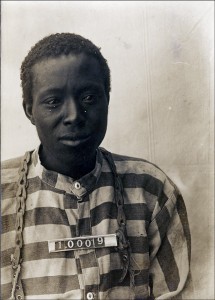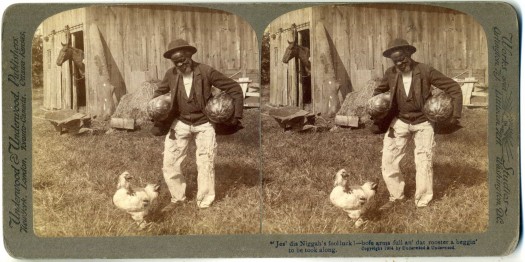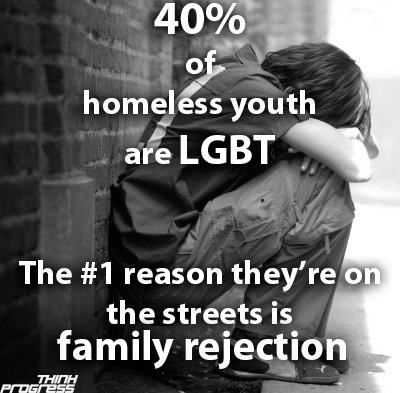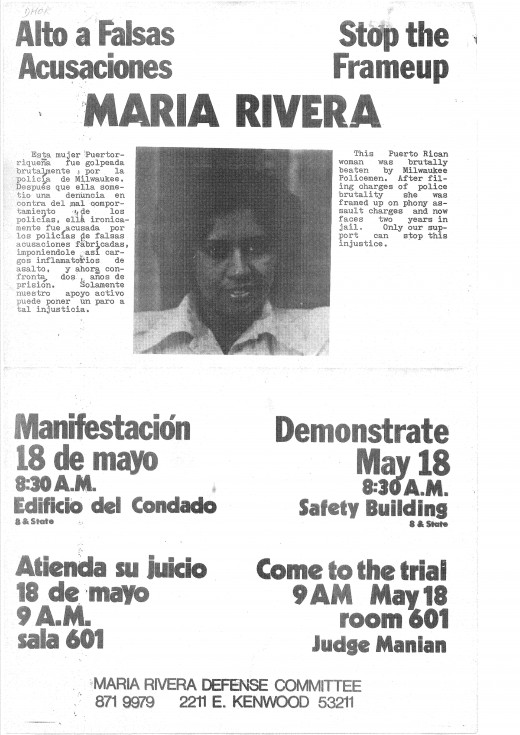On Racism, Slavery, Exploitation, and Colonization (This is Basically A Rant)…
Fair warning: easily offended individuals and people who think racism is dead should skip this post…
I have found myself having several disturbing conversations with seemingly intelligent people over the past few days. I am trying to sort through my discomfort so I apologize in advance if this post is a muddle.
I have learned over the years to mostly steer clear of conversations about racism with white people. Not all white people but most. I have found the conversations to be mostly pointless as it is clear that the people who I am talking with have absolutely no historical context at all for the discussion.
 Racism is an enduring legacy of slavery and continues to impact all aspects of American life in the 21st century. If this is not the starting point for all discussions, then we really have nothing more to talk about. Throughout the 17th, 18th and most of the 19th centuries, most white Americans either accepted slavery or actually owned slaves. Indeed the Constitution of the United States sanctioned and supported slavery.
Racism is an enduring legacy of slavery and continues to impact all aspects of American life in the 21st century. If this is not the starting point for all discussions, then we really have nothing more to talk about. Throughout the 17th, 18th and most of the 19th centuries, most white Americans either accepted slavery or actually owned slaves. Indeed the Constitution of the United States sanctioned and supported slavery.
From My Collection #7
A Parable from the Arkansas State Penitentiary & A Break from Blogging…
I am taking a few days off from blogging to work on some outstanding projects. Things will be slow through mid-August. I will, however, be writing next week about an important chapter of penal history: the scandals and horrors of Arkansas’ prison farms through the 1970s.
As a preview, I wanted to share the following parable from the Arkansas State Penitentiary which I think is a good illustration of how truly horrible that system was. Stay tuned next week for more…
The captain asked the preacher, “Preacher, you think you can pick me three hundred pounds of cotton?”
The preacher said, “Captain, if the Lord’s willing. I will get it for you.”
But the preacher didn’t get it, so that night the captain gave him ten hot ones across the back and asked, “Now preacher, you think you can pick me three hundred pounds of cotton tomorrow?”
And the preacher said, “Captain, I’m going to get it for you if the Lord is willing.”
But he didn’t get it on that day, so they whipped him again.
The next day when the captain asked the preacher if he could get three hundred pounds of cotton, the preacher said, “If the damn stuff’s in the field I’ll get it.”
The preacher had learned his lesson. The Lord had forsaken His children in the Arkansas pen.
Poem for the Day…
This is one of my favorites. A poem written by a woman prisoner that speaks to everything that is hidden by her prison “blues” or uniform. The uniform obscures the heart, soul, and inner strength of the person. The opening lines capture so much about the realities of prison life: “while our roots are grounded on the barren land; branches spread wider than wings.”
Wearing Blues
by Kinnari JivaniWearing Blues
while our roots are grounded on the barren land
branches spread wider than wings
in hope that the wind-god will bring
the footwear for the roots
and free them from the heavy six digit chainWearing Blues
over the limbs that had ridden the ship of battles
out of desperation or need or want or
out of fear of the shadows crawling over our bodiesWearing Blues
for the tears that never could bleed but dry and turn into scabs,
coarse tears scabs
that peel away slowlyWearing Blues
brings somber burden, taboo and
the grief that cry the silent roar
the memoir introspection speaks that
underneath the ganglion and layers of wrinkled-skin-experiences
grow the layers of wisdomWearing Blues
takes the dare to survive the unknown
strength to stand the degradation and pain
courage to stand gracefully tall
faith to drink the love that rain drops showerWearing Blues
‘cause in the limbo
notes of rock, jazz and rap
sounds like blues
and we are living the blues
with simper
On Watermelons and Black Criminality…
Lately, it has been more challenging than usual to talk with black youth (in particular) about how entrenched the idea of criminality as an inherent marker of blackness is in American culture. As I have been thinking more seriously about how to better convey this idea as a longstanding and enduring one, I turned to my collection of postcards and images associating black people and watermelons.
Musical Interlude: Living Under Siege
I Self Define has a wonderful song called “Living Under Siege” that I wish more people were hearing…
LGBTQ Youth, Violence & The Promise and Limits of Storytelling
So this image has been making the rounds on social media over the past couple of weeks…
The photograph and words elicit an immediate emotional reaction from the audience. “How sad,” one might think. “What’s wrong with these horrible families?” another might ask. “We need to change our culture to make it more tolerant,” someone else might prescribe.
From My Collection #6
As Rekia Boyd’s family still seeks accountability for her killing by a Chicago police officer, I wanted to share this reminder that police brutality against women of color is historical and enduring.
A couple of months ago, I picked up this poster by the Maria Rivera Defense Committee. Maria Rivera was a 27 year old Latina mother of three who was charged with assaulting a police officer in 1976. After a lot of protest and agitation by the local Latino community in Milwaukee, her case was eventually dismissed.
Some words about lynching from Ida B. Wells-Barnett…
 Lynching was used as a way to reinforce and maintain social, political, and economic control over black people (in particular) in the U.S. I have written a lot about lynching as an extra-judicial means of racial oppression on this blog. You can find some of those thoughts here.
Lynching was used as a way to reinforce and maintain social, political, and economic control over black people (in particular) in the U.S. I have written a lot about lynching as an extra-judicial means of racial oppression on this blog. You can find some of those thoughts here.
Monday was Ida B. Wells-Barnett’s birthday. In honor of that, I wanted to reprint an excerpt from an article in the New York Independent (May 16, 1901) titled “Lynching and the Excuse for It.” In the excerpt below, Wells-Barnett makes the case that retaliation for rape is not the underlying reason why so many black people were being lynched in the South:





